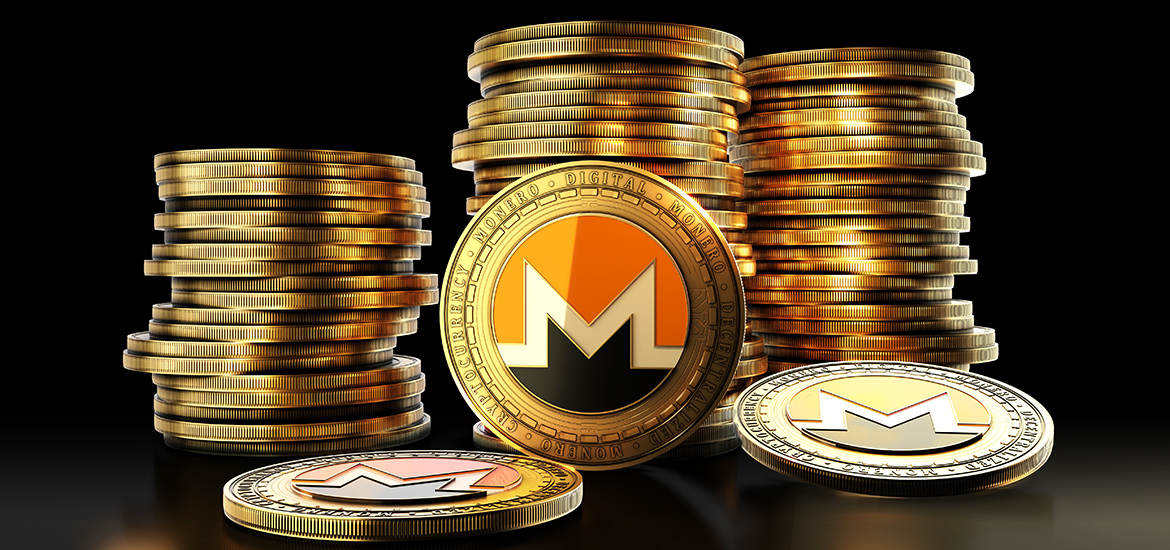Smart contracts are contracts that fulfill themselves without human involvement. But what exactly do they mean?
Smart contracts that are implemented correctly contain the same information as conventional contracts. However, they differ in that they are written directly into program code and stored on a blockchain. Smart contracts offer solutions in many cases, but so far they cannot take into account all contingencies. Thus, situations may arise in which third-party intervention is required.
Despite the aforementioned problems, smart contracts can boast a number of advantages. They are reliable and protected against total loss, as everything is stored and documented on the blockchain. The decentralized organization ensures that a third party, such as a notary or the bank, is not needed when implementing smart contracts. The cryptographic chaining of the blockchain for encryption ensures high security of the smart contracts.
However, the biggest advantage is efficiency. In contrast to conventionally drafted contracts, which involve a great deal of time and high costs, programming can be carried out quickly and inexpensively.










Leave A Comment
You must be logged in to post a comment.